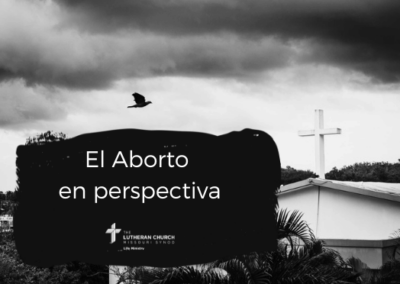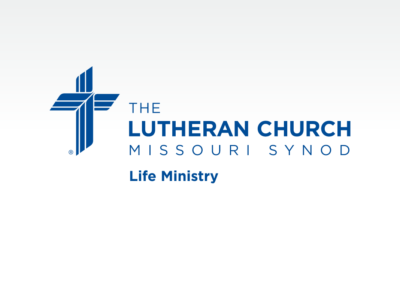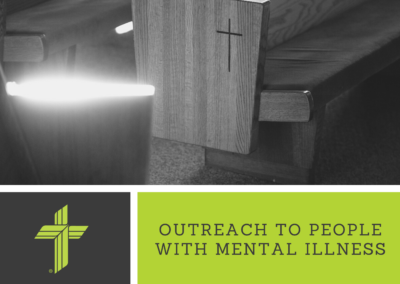
Un informe de la Comisión de Teología y Relaciones Eclesiásticas de la Iglesia Luterana−Sínodo de Misuri, ...

As a pastor who advocates for those who live with mental illness, the Rev. Jeff Pflug encourages you to do one ...

Works of God-Disabilities Article

One Body-Disabilities Article

How can we as the Church care for those who are disabled, their caretakers and their families?
Family Matters: ...

Healing and the Community in the New Testament: Bridging the Chasm Between Us and Them

Think About. . .The Body of Christ (Leader Guide)
Think About. . . The Body of Christ (Participant ...

Assessment Tool
Steps for Improving Ministry Accessibility

Recognizing God’s double sovereignty over all of life can enable Christians to be engaged in a positive, ...

To be amoral is to be unable to distinguish morally acceptable behavior from morally unacceptable behavior. ...

See the information sheet that has resources on ministering to people with mental illness and to their ...












